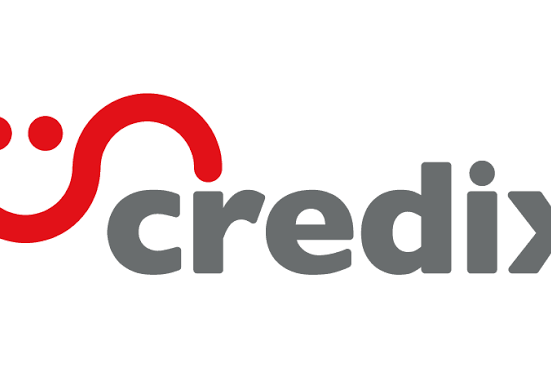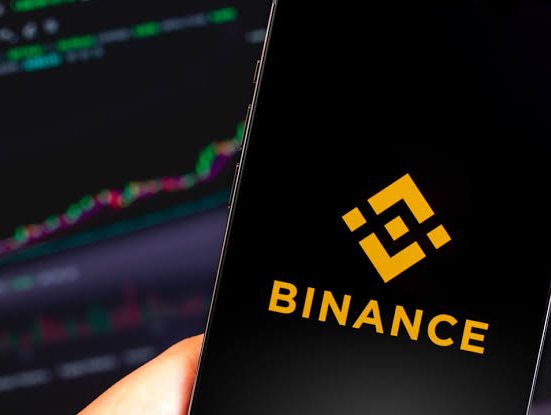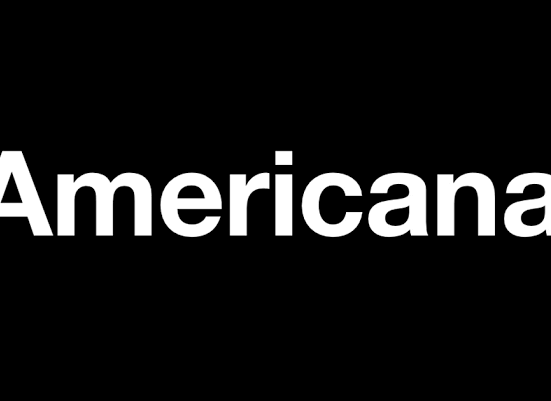On Friday, tokenized collectibles platform Americana launched its “concierge vaulting” service, providing on-chain remedies for a number of problems plaguing the high-end physical collectibles market.With the new service, collectors will be able to utilize a blockchain-powered asset management system while storing their priceless physical artifacts in climate-controlled vaults.The site claims that the service authenticates pricey physical collectibles and arranges for their transportation to a location with rigorous security.The vault will accommodate, per the platform, limited-edition sneakers, fine art, fine porcelain, and “everything in between.” Users can display their collections on the Americana website, post items for sale, and accept bids.A chat with the team will be required of anyone interested in vaulting their products with Americana “to develop a custom intake plan.”Each item will be given a distinct digital certificate of authenticity following the meticulous authentication and processing process.Users can display their collections on the Americana website, post items for sale, and accept bids. The company raised $6.9 million in seed funding in May 2022 with support from NFT marketplace OpenSea and Seven Seven Six, the venture capital firm founded by Reddit co-founder Alexis Ohanian.At that time, Americana also introduced its Something membership token, which holders get early access to its beta website.Each token, which cost 0.069 ETH, or roughly $130 at the time, was limited to 9,500 total units.The floor price of the tokens has decreased to 0.015 ETH, or around $28, as of this writing.The platform was developed, according to Americana CEO Jake Frey, who previously founded a private design studio specializing in digital products and has worked with Apple, Snapchat, Shopify, and Twitter, to reduce the friction involved with purchasing, selling, and storing high-end collectibles. “At Americana, we empower physical pieces with digital luxuries,” he said. “Bridging the gap, we bring the excitement and convenience































